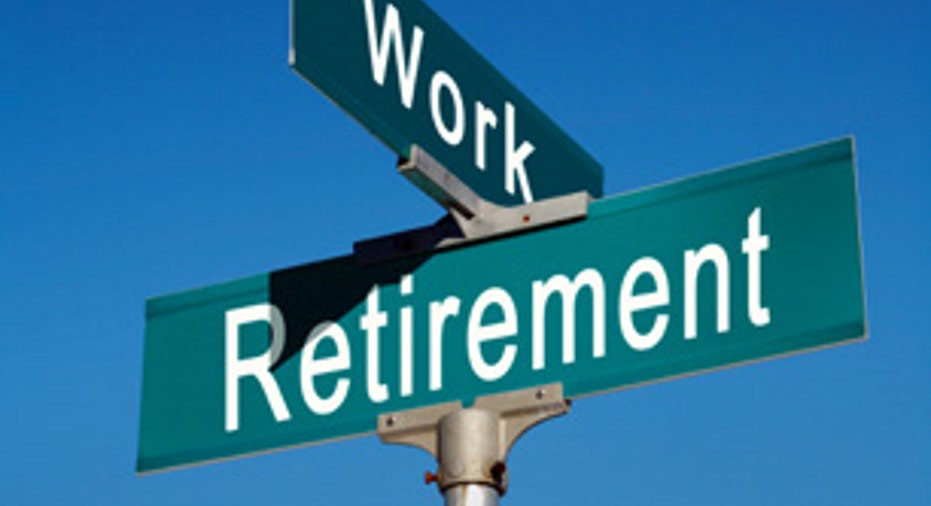U.S Retirement Worries Go Global

Here’s the good news: In the past two decades, average life expectancy around the world has increased by six years, from 65.3 in 1990 to 71.5 in 2013, according research funded by the Bill and Melinda Gates Foundation and conducted by the University of Washington’s Institute of Health Metrics and Evaluation. The primary reason: improvements in health care. In higher-income countries fewer are dying from heart disease; lower-income nations have seen a sharp decline in deaths from childhood diseases.
Now the flip side: Living longer costs more. Governments around the world have said they can’t afford it. Neither can employers. Thus, the responsibility for funding a longer lifespan is increasingly up to each individual.
Sound familiar? Americans have been exhorted to save for retirement for thirty years or more. “Social Security is not enough!” “Maximize your 401(k) contribution- at least up to the company match.” “Stash additional money in an IRA.” “Consider an annuity.”
Now, the rest of the world is finally catching up. And from Malaysia to Turkey to Brazil, they’re not happy. Based on a massive study by the global financial firm HSBC (NYSE:HSBC), on average 25% of retirees around the world say their standard of living is lower than when they were working. There is wide variance. While 16% of U.S. retirees agree, nearly half of Turkish retirees feel that way, as well as 41% of those in France. Retirees report they are coping by reducing their expectations about how they would spend retirement (less travel, for instance) and cutting back on daily expenses.
Their kids have noticed. Globally, 34% of those who are still in the workforce are worried they face the same fate. “Even among pre-retirees with household income of more than $80,000/year, about one-fifth are not confident they will be able to maintain a comfortable standard of living,” says Andy Ireland, Head of Wealth Management at HSBC.
The Problem: Words vs. Actions
Still, just like their parents, the majority of those in the global workforce are not seriously saving for retirement. The reasons also sound a lot like their parents’: too many other, more pressing financial obligations, i.e. debt.
To Ireland, it sounds like a big e-x-c-u-s-e.
“Are you living within your means? Why do you have credit card debt to begin with? Individuals need to take responsibility and learn discipline. When you’re 25, 35 [retirement] doesn’t resonate,but you need to have a general savings plan so that if something occurs, you don’t need to "borrow" in order to pay for it.
Despite the fact that 69% of working adults around the world say they are actually worried they will run out of money in retirement, 38% admit they are not currently saving for their later years at all or do not plan to start. That includes a third of those who are over age 40.(1)
Listen To Your Parents
“What retirees are telling us,” says Ireland, “is ‘If I’d known then what I know now I would have done more to be self-sufficient financially.’” Two-thirds of retirees around the world say they didn’t realize until they were already retired that they had not saved enough.
If they had a second chance, 38% of retirees say they would start saving for retirement at a younger age. In Malaysia, Mexico and India, the number is significantly higher. Nearly 40% say 30 is the latest age to begin. However, only 26% of those in the workforce agree.
[Side note: American retirees are much more adamant. Nearly half think you should start saving for retirement by age 30 or sooner in contrast to 34% of working Americans. Geography (or perhaps exposure to sunshine?) apparently makes a big difference. One out of three pre-retirees in Miami and Los Angeles thinks you can start saving for retirement after age 40 and end up with a nest egg large enough to maintain your pre-retirement standard of living!]
The Solution: Actions vs. Words
No matter where in the world you live, in Ireland’s view, the solution is the same. “You have to have a plan. You can’t say, ‘The numbers are too large, so I’m going to ignore it.’”
It is a plan that is both simple and difficult:
1. Live within your means.
“Sort through your expenses and determine what is essential and what you don’t need to spend money on.”
2. Save as much as you can.
“Create a discipline of saving, even if you start small.”
In contrast, 25% of working Americans say they are not saving for retirement. This includes 20% of those over age 40.



















